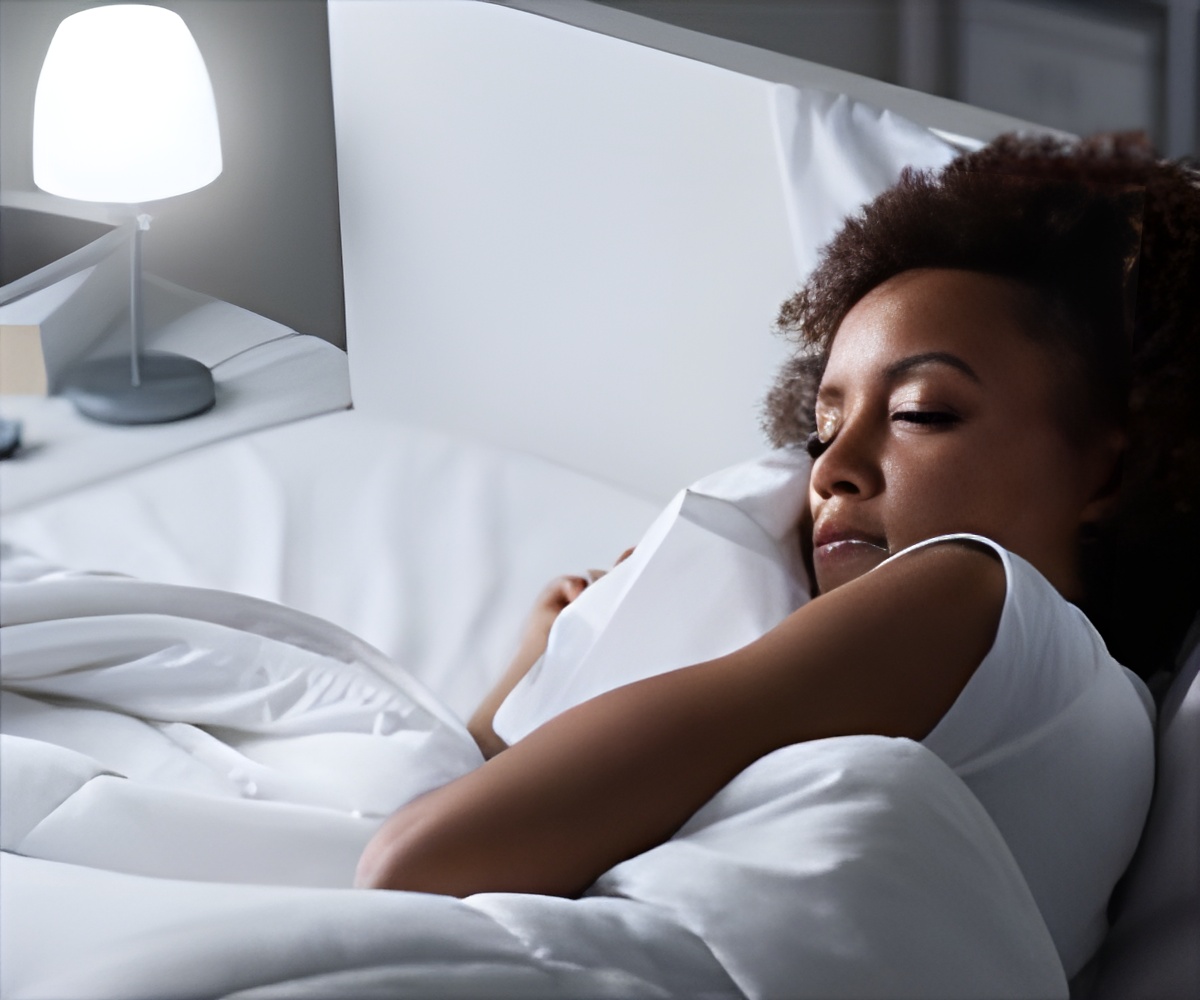Important immune cells like microglia are primarily active while we sleep to fight infection and repair the damage, reveals a new study.

TOP INSIGHT
Microglia serve as the brain's first responders, guarding the brain and spinal cord and springing into action to stamp out infections or prevent debris from dead cell tissue.
The microglia help maintain the health and function of the synapses and prune connections between nerve cells when they are no longer necessary for brain function.
For the findings, researchers conducted the study on mice.
The current study points to the role of norepinephrine, a neurotransmitter that signals arousal and stress in the central nervous system.
This chemical is present in low levels in the brain while we sleep, but when production ramps up, it arouses our nerve cells, causing us to wake up and become alert.
When this chemical is present in the brain, the microglia slip into a sort of hibernation.
"This work suggests that the enhanced remodeling of neural circuits and repair of lesions during sleep may be mediated in part by the ability of microglia to dynamically interact with the brain," said study first author Rianne Stowell.
"Altogether, this research also shows that microglia are exquisitely sensitive to signals that modulate brain function and that microglial dynamics and functions are modulated by the behavioral state of the animal," Stowell said.
Source-IANS
 MEDINDIA
MEDINDIA




 Email
Email





